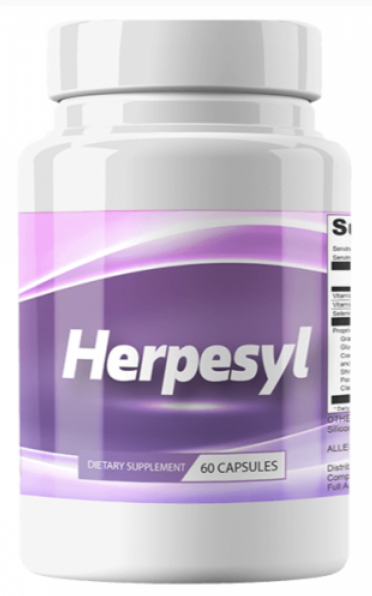Honey has been considered a natural wound healer and an infection deterrent for centuries up until the 20th century, when penicillin took the lead. Eventually raw honey remedies made a comeback for some uses, including this manuka honey herpes treatment.
Please note that while we are compiling these remedies for general informational purposes, what works for one person will not work for all people, and you should consult with your doctor or other healthcare provider before embarking on or changing any course of treatment.
Different Honeys: Be Careful
Some types of honey should never be applied to open sores or wounds, and some honey’s antibacterial activity is as much as 100 times more effective than in others. Refined, processed honey that you usually find on grocery store shelves isn’t appropriate for use to treat herpes sores or wounds. As a matter of fact, your average “Grade A” honey will increase infection in most cases.
About Manuka Honey
Manuka honey is from New Zealand and is a unique type of honey that is known for its superior potency and healing properties. While raw honey can be used in a pinch, it’s nowhere near as potent as a Manuka honey.
High-quality Manuka honey offers a number of topical wound care advantages that makes it easier to understand some of the success it has had. Here are some of the reasons Manuka is reputed as a good topical treatment:
- Manuka honey draws fluid away from the sores or rashes
- The high sugar content inhibits micro-organism growth
- The worker bees that make the honey secrete glucose oxidase (an enzyme) into the nectar, releasing low degrees of hydrogen peroxide as the honey is dabbed onto the affected area.
- Its antibacterial properties are well-known
Science-Backed Research
Scientific studies have shown that Manuka honey, generated with pollen collected from Manuka bush flowers, a medicinal plant, can efficiently eliminate over 250 strains of bacteria, including resistant forms such as MRSA, MSSA, VRE and Helicobacter Pylori which can lead to painful stomach ulcers.
A 2002 review of Manuka honey’s antibacterial properties concluded that it was potentially useful in the “management of a large number of wound types”.
With the ever-growing threat of over-prescribed drugs with countless side effects and antibiotic resistant infections, the return to honey as a pure, all natural, multi-purpose healing remedy is definitely a welcome alternative and an affordable one as well.
How to Use Manuka Honey for Herpes
Manuka honey is applied to outbreak areas wearing gloves, dabbing a bit of the honey onto the sore and continuing to apply it a minimum of 4 times a day; in this case, the more the better is the rule of thumb. Manuka honey is considered by many to be a great treatment for herpes outbreaks.
What Kind of Manuka Honey Should I Buy?
Manuka Honey actually has a rating system in place for its potency. The only Manuka that is potent enough to be considered “therapeutic” will say “UMF Manuka Honey,” “Active Manuka Honey,” or “MGO”. The following are all good choices.:
Wedderspoon Raw Manuka Honey Active 16+, 17.6-Ounce Jar
Eras Natural Sciences Wound Honey -80g tube
Active MGO 400+ (Old 20+) Manuka Honey 100% Pure by Manuka Health New Zealand Ltd. – 8.75 oz jar








